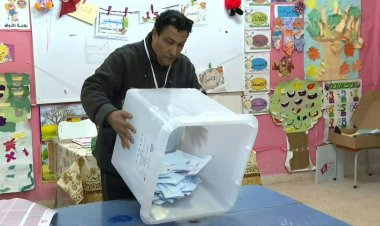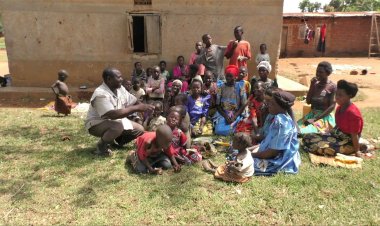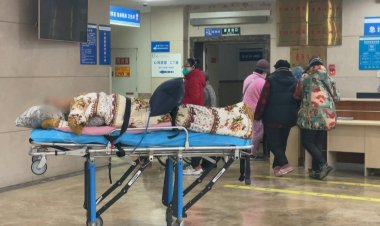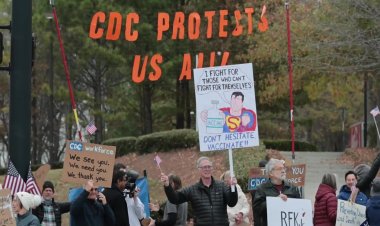Tebboune Wins Algerian Election With 95% of Vote
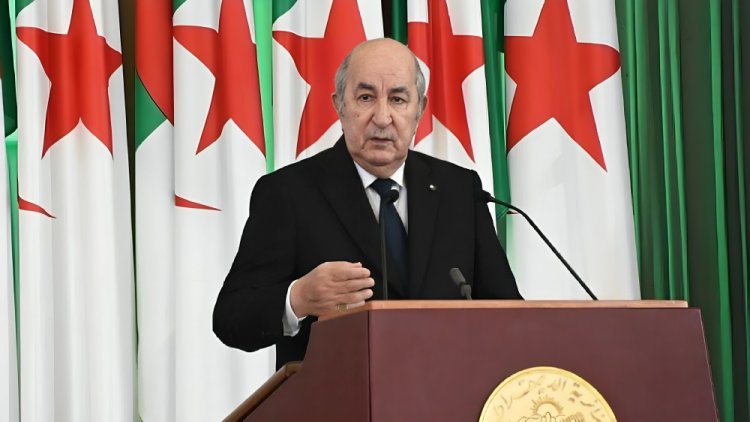
President Abdulmadjid Tebboune has been declared the winner of Algeria's presidential election, securing a second term with 95% of the vote. The election saw a turnout of 48% among registered voters.
Official preliminary results show Tebboune's overwhelming victory, with his closest rivals, Abdelaali Hassani Cherif and Youcef Aouchiche, receiving 3% and 2% of the votes, respectively. The margin of victory was sufficient to avoid a second-round runoff.
However, the election's integrity has been called into question by Hassani Cherif's campaign, which alleges irregularities in the vote count, including pressure on polling station officials to inflate results and failures in delivering vote-sorting records to candidates' representatives. The campaign spokesperson, Ahmed Sadok, described the election as a "farce," claiming their candidate had won far more votes than announced.
Despite these allegations, electoral commission head Mohammed Charfi maintains that the body worked to ensure transparency and fair competition among all candidates.
Tebboune's re-election is expected to continue Algeria's current governing program, which includes increased social spending fueled by higher energy revenues. The president has promised to raise unemployment benefits, pensions, and public housing programs.
First elected in 2019 during the mass "hirak" protests that ousted long-time leader Abdulaziz Bouteflika, Tebboune has taken a tough stance on dissent, with security forces jailing prominent opposition figures.
The election turnout, while higher than in 2019, still indicates a significant level of disengagement among the electorate. Some Algerians expressed distrust in politicians and the political process, contributing to the relatively low participation.
As Tebboune begins his second term, he will need to address these domestic and international challenges while maintaining the delicate balance between social spending and economic reform.




